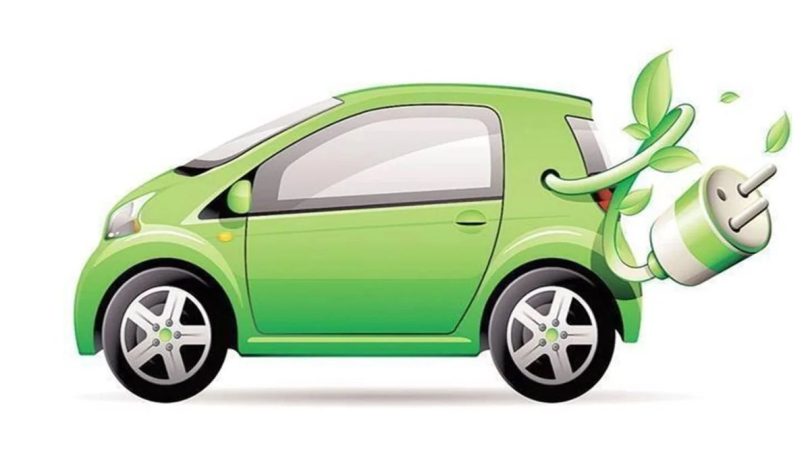[ad_1]
With the government’s recent crackdown on electric vehicle (EV) makers over alleged flouting of norms, auto component suppliers have become extremely cautious. Several established component makers, who had diversified into the EV segment, are now only keen on placing their bets on legacy players as these have emerged relatively more reliable than the startups.
The EV industry has been under fire since the past many months following the suspension of FAME-2 subsidies by the government to more than half a dozen companies for defying the rules on localisation. As a result, several startups have either overshot their new product launch deadline by several months or have struggled to ramp up production. Some others like Simple Energy, Matter and Oben Electric have seen their debut getting delayed by 10-12 months.
A proprietor of a company that makes electrical and electronic components said: “As a component manufacturer, there are a lot of investments companies like us have to make for the customer. These are customised products. These are not one-size-fits-all products. I have more faith in the legacy players than in startups. It will not be that easy for us to invest for startup companies.”
Also Read| Govt crackdown on EV firms sees shift in market shares
As more than half of the EV is made outside of the vehicle maker’s factory, component makers carry the responsibility of supplying numerous parts that help put the product on the production line. The component supplier has to invest in producing products that precisely match the requirements of the vehicle maker.
“We do not do sales planning anymore. Instead, we seek a vendor procurement plan where I ask the vendor how much they can supply. It is very difficult to get supplies. Vendors are asking for 100% advance especially in case of batteries. There are so many small OEMs who have taken bookings, promised deliveries and gone completely silent,” a Gurugram-based electric scooter maker said.
Another EV maker said: “It is getting very difficult to secure the supply chain. This is leading to delays. Most startups like us are not only struggling to be in line with our new product launch pipeline but we are not able to produce as per our internal projections also. The stoppage of subsidies is adding to the financial pressure.”
Though the government has halted subsidies which range from `17,000 to `55,000 per vehicle, some EV makers are dipping into their own finances to fund the subsidies to avoid hurting demand while being hopeful of resumption of the subsidies by the government soon.
In light of the multiple cases of EVs catching fire, the government decided to conduct checks and audits of all EV makers to determine if they adhere to its localisation prerequisite.
Also Read: Powered by EVs, Tata motors on for No. 2 spot
While over the last couple of years, startups made multiple announcements about their debut in the electric two-wheeler space, legacy players like Hero MotoCorp, Bajaj Auto and TVS Motor Company have gone through their routine product development for entering this space while exercising caution on production ramp-up and market expansion. This was largely done to check the market acceptance of the product and the performance of the product itself in real world conditions.
“Barring one startup, all the others are failing. Products require several rounds of testing, a robust R&D backing and a sound management. Showing a concept product is one thing and putting it to production is totally another,” said a senior executive of a component making company that makes converter and fan motors.
[ad_2]
Source link








